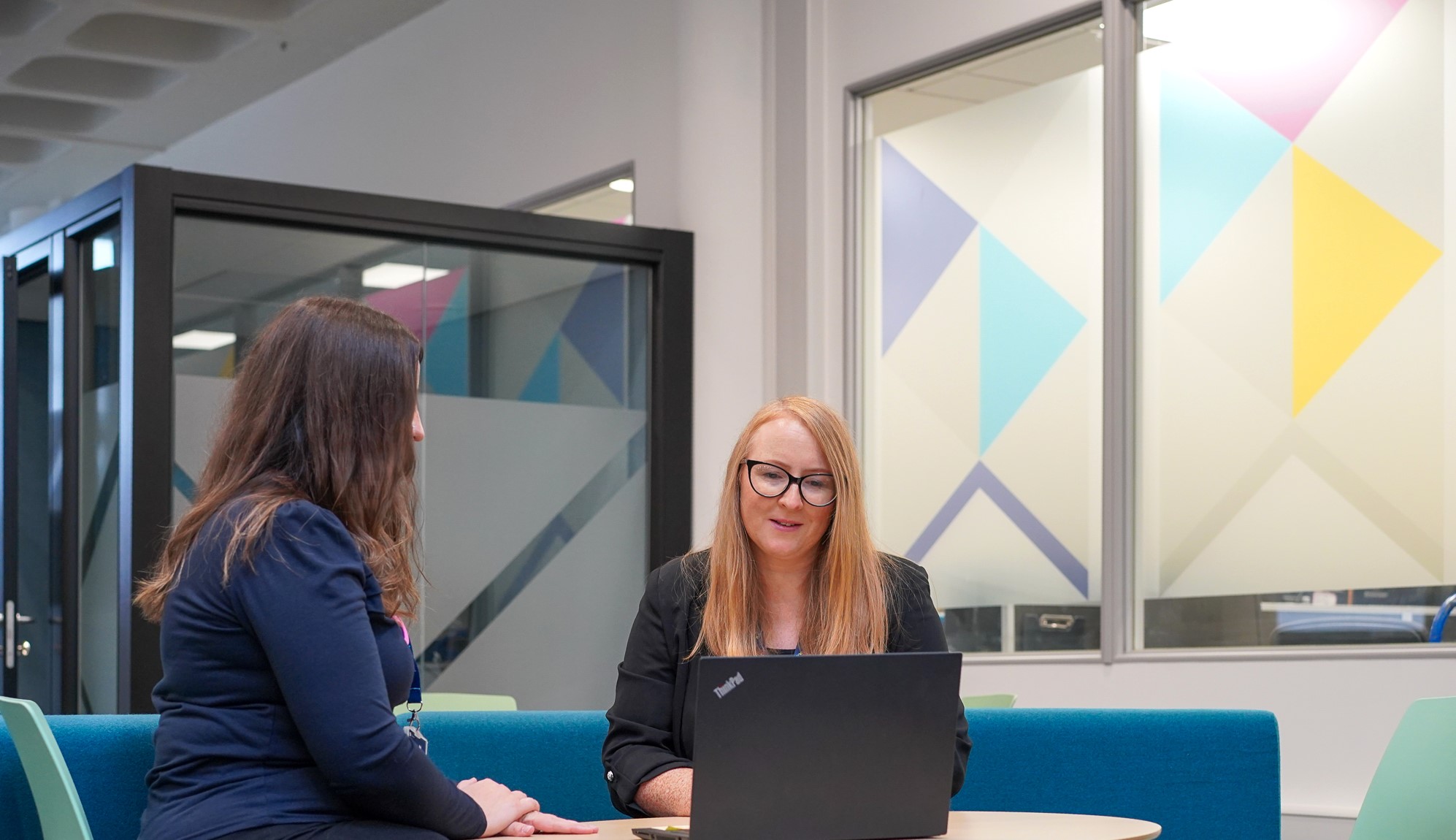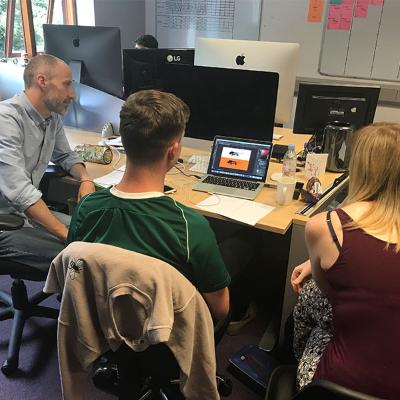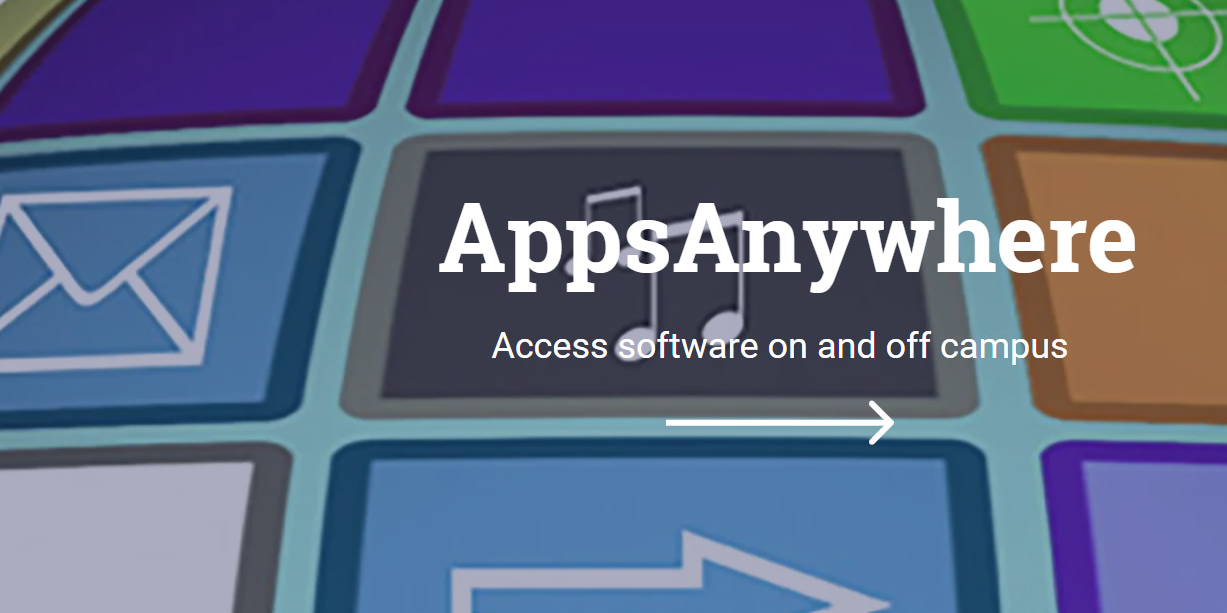
Dyslexia
What is Dyslexia?
Dyslexia may influence how fluency and accuracy in reading and spelling develop, but many adults demonstrate impressive adaptability by cultivating effective strategies and drawing on support systems that allow their strengths to shine. In higher education, students with dyslexia often exhibit creative thinking, resilience, and problem-solving—and while memory challenges can surface, especially around verbal recall or short-term retention, these can be addressed with tailored techniques and tools that support academic success.
Strengths and support need:
-
You may benefit from support with time management and organisation, which can enhance your ability to meet deadlines and reduce stress.
-
You bring creative thinking and strong problem-solving skills—translating your ideas into structured written form is a skill that can be developed with tailored strategies.
-
You may thrive with visual and active learning techniques, which can help reinforce revision and strengthen memory for verbal information from lectures or tutorials.
-
You may prefer interactive or auditory learning methods, and could benefit from tools that streamline the process of research and reading.
-
You’re building confidence in spelling and vocabulary, and might find that using assistive technology or alternative word choices empowers your written expression.
-
Tasks like form completion or producing written work can sometimes feel overwhelming, but with the right accommodations, you can feel more in control and reduce anxiety.
-
You’re developing your ability to unpack assignment briefs and can benefit from strategies that support interpretation and planning.
Useful Links
Find some more information on external support.
British Dyslexia Association (BDA)
-
Offers comprehensive resources for parents, educators, and employers.
-
Includes factsheets, training programmes, helpline support, and diagnostic assessments.
-
Promotes dyslexia-friendly practices in education and the workplace.
Dyslexia UK – University Transition Guide
-
Focuses on the emotional and academic transition into university life.
-
Offers advice on assistive technologies, study skills, and how to access specialist tutors.
-
Encourages self-advocacy and awareness of legal rights under the Equality Act 2010.
Made By Dyslexia, a global charity founded and led by successful dyslexics. Their mission is to redefine dyslexia by showcasing the strengths of Dyslexic Thinking and empowering it across education, workplaces, and homes. Here's what you'll find:
-
Free Training & Resources: Courses on Microsoft Learn and LinkedIn Learning, podcasts, and access to DyslexicU.
-
Dyslexic Thinking Test: A tool to identify if you possess dyslexic strengths like imagining, reasoning, visualising, and connecting.
-
Campaigns & Reports: Bold initiatives and research like Intelligence 5.0 that advocate for the value of dyslexic skills in today’s world.
-
Books & Podcasts: Including This Is Dyslexia and interviews with figures like HRH Princess Beatrice.
-
Calls to Action: Learn, share, and change, encouraging everyone to spread awareness and support dyslexic talent.
DyslexicU – University of Dyslexic Thinking
This is a dedicated platform within the Made By Dyslexia ecosystem, designed as a “new school of thought.” It’s all about learning and celebrating Dyslexic Thinking in a world increasingly shaped by AI. Key highlights:
-
Focus on Human Intelligence: Emphasizes lateral thinking, complex problem-solving, and interpersonal skills, traits dyslexics often excel at.
-
Learning Tracks: Covers diverse fields like fashion, film, technology, music, activism, sport, wellness, gaming, and culinary arts.
-
Open to All: Dyslexic or not, anyone can enrol to learn and develop these valuable thinking skills.
-
Partnered with The Open University: Offers tools and insights for educators, employers, and parents to support dyslexic individuals.


/prod01/wlvacuk/media/departments/digital-content-and-communications/images-2024/Architecture-students-tree-planting.png)
/prod01/wlvacuk/media/departments/digital-content-and-communications/images-2024/250630-SciFest-1-group-photo-resized-800x450.png)
/prod01/wlvacuk/media/departments/digital-content-and-communications/submitted-news-images/Way-youth-zone-August.JPG)
/prod01/wlvacuk/media/departments/digital-content-and-communications/images-2024/Arthi-Arunasalam-teaser.jpg)
/prod01/wlvacuk/media/departments/digital-content-and-communications/submitted-news-images/Muslim-woman-playing-football.jpg)
/prod01/wlvacuk/media/departments/digital-content-and-communications/submitted-news-images/Business-School-800x450.jpg)
/prod01/wlvacuk/media/departments/digital-content-and-communications/submitted-news-images/University-of-the-Year.jpg)

